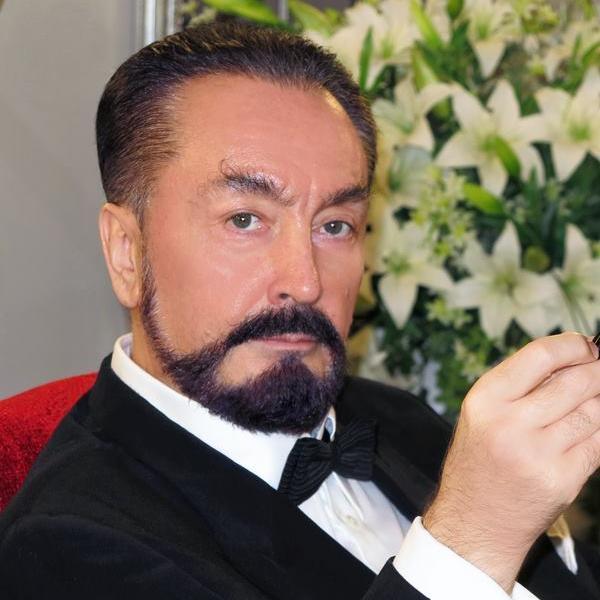Improving my Korean skills is something I have wanted to do since high school. I never had a lot of exposure to Korean, or had any Korean friends since moving to the US when I was 9, and was frustrated that I seemed to be losing all the Korean knowledge I once had. However, with my class-load in addition to my extra-curricular activities, it was hard to find the motivation to teach myself Korean. Therefore, this semester being enrolled with self-directed learning was a great opportunity for me. With going to my SDLC 105 class and meeting my language partner every week, it was a good opportunity and motivation for me to work on improving my skills. While it was technically an autonomous class, I didn't really feel like it was since I had help from my language partner every week to motivate my learning. However, this class was different in that I got to set my own goals for the semester, and decide how I wanted to reach my goals based on how I know I learn best. Therefore, because I was able to learn more by reading real articles, and talking to my language partner, I feel that my pace of learning was much more effective, since I do have a background in Korean.
Being enrolled in SDLC 105 definitely was more beneficial than I originally expected. Because there were students learning a variety of languages, I was able to learn about a lot of other cultures which was very interesting. We were also able to learn about the "science" of learning a language. It was interesting to learn about whether learning a language makes you smarter, the "best" way to learn a language, as well as the history of different languages. In terms of the culture project, I didn't expect to learn a lot because I was presenting on the lifestyle in Korea, which is something I personally experienced in Korea. However, it was interesting to realize that because I haven't lived in Korea in 13 years, a lot of things have obviously changed. Korea has gotten more competitive as a whole, and schools have gotten even more difficult. When I lived in Korea, while I did spend a lot of time studying, I had time for piano and dance classes. However, it seems that now Korea has come to a place where even elementary school aged children have little time for anything outside of studying.
In terms of moving from the basic linguistic principles to specifics of Korean, I think it was different for me because I have a pretty heavy background in Korean. My goals were different from most of the other students I took 105 with in that I wanted to improve on the skills I already had. One of my goals however, was to learn more of the rules in Korea because my knowledge of Korean grammar is basically "use whatever sounds right." Through working with my language partner, I was able to learn some of the actual Korean grammar rules which is great because now I have background into why the sentences are structured the way they are.
As I suspected in the beginning of the semester, I definitely still feel that I learn languages better by doing hands-on activities like actually speaking in Korean, instead of just reading a textbook. Therefore, by having weekly conversations with my language partner, I definitely have reached my goal of being more comfortable speaking in Korean. It was great because he also gave me more tips on how to improve like giving myself a speech about a specific topic. The most difficult part of the semester was probably measuring my improvement. Because I already had a background in Korean, it was kind of hard to measure my improvement based on how many words I know or if I had learned how to form basic sentences like a beginner would. It was sometimes difficult to be motivated in the middle of the semester because it sometimes felt like while I was working towards improving my skills, it was difficult to measure exactly what I could and couldn't do compared to the beginning of the semester. However, when it came to the end of my semester, it became a lot easier to see my improvements that I had made.
Most of the resources available to me were not as useful because they were geared towards novice learners. Therefore, I mostly went to the internet and watched news clips, variety shows, and read news articles in order to improve my Korean skills. It was definitely useful, and the most helpful this semester besides actually meeting with my language partner for hands-on practice. I feel like reading and watching these resources definitely has improved my understanding of the Korean grammar and also improved my Korean skills.
I haven't decided as to whether I will be enrolling in SDLC 111, as it will depend on whether I have room in my schedule. However, whether I decide to enroll or not, I definitely plan on improving my Korean further. I plan to motivate myself to write something in Korean every week, and maybe catch myself up on current events in Korean instead of English a couple times a week. I think it will be difficult to keep motivating myself especially after graduation especially since I will be working somewhere which requires a lot of time and commitment. However, with the skills I have learned this semester as a self-directed learner, I hope to continue working to become a truly "fluent" korean speaker.

